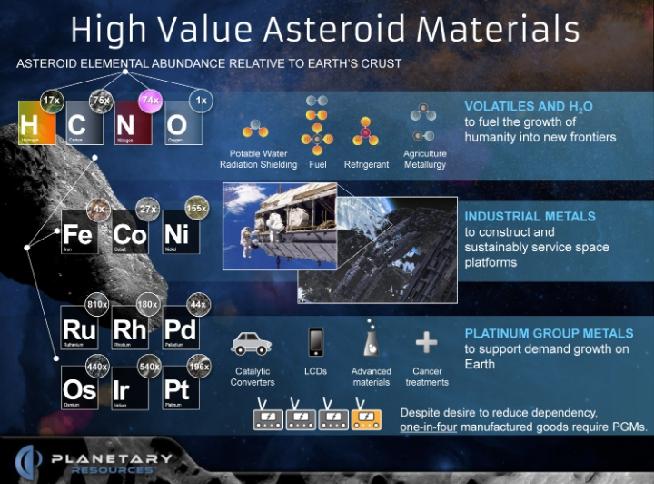The earth, as we have come to know, is enriched with a vast array of mineral resources. But these resources are nonrenewable and hence, constant growing consumption in developing and developed countries, with the rising need for more resources to keep driving the fourth industrial revolution, will ultimately lead to a depletion in a couple of years to come. Experts say that elements needed for modern industry and food production could be exhausted on Earth within 50–60 years.
In terms of mineral resources, Africa has the most abundant of reserves. Currently, Africa hosts 30% of the world’s mineral reserve, 55% of the world’s diamond comes from Botswana and Congo, 60% of the mining in Africa is gold mining but to mention a few.
Given that the mining industry is consistently rising across sub-Saharan Africa, it is good news for the African mining sector as mining companies are beginning to expand operations, countries are already looking into improving regulatory frameworks that will enhance activities and also attract more investors.
But recent breakthroughs in space technology have led to many space scientists and engineers looking to explore alternatives to sustaining the earth while generating massive revenue and improving life generally. Currently, there are various comprehensive research documents on the Space Mining market, with detailed insights on growth factors and strategies. With the current advances and cutting edge technologies developed in preparation for the first stages of asteroid mining, one might want to ask if it is indeed good news for the African continent.
Apart from the environmental impacts, major mining activities are largely hindered in Africa by a handful of other factors such as access to energy, health and safety volatility of commodity prices, etc. Other issues such as political uncertainty, economic instability, religious and tribal wars, industrial unrest, and the fickle nature of regulatory bodies have also rendered foreign direct investment increasingly unattractive to global investors. Furthermore, most African countries have a relatively undeveloped infrastructure for exploiting resources effectively.
At the moment, Asteroid mining poses no threat to terrestrial mining; however, this will not hold for long. The space industry is progressing at such a rapid pace, and the prospects are unequivocally mouth-watering. The big question is, will asteroid mining lure away investors in Africa? The planetary resources company estimates that a single 30-m asteroid may contain 30 billion dollars in platinum alone and a 500m rock could contain half the entire world resources of PGM. Considering the abundance of minerals in asteroids, once asteroid mining materialises, it will severely affect the precious metals market, usurp the prices of rare earth minerals, and a whole lot more because minerals that are usually somewhat scarce on earth will be easily accessible on asteroids.
While foreign investors run the majority of the large-scale mining activities in the region, reports say that many African countries are dangerously dependent on mining activities. For some African countries, despite massive mineral wealth, their mining sectors are underdeveloped, and this is as a result of much focus on oil resources and a couple of other challenges. The million-dollar question is, what will become of the mining activities in Africa?






